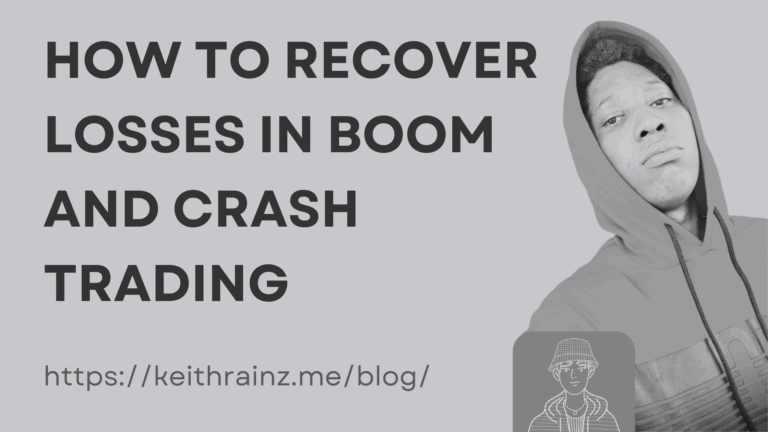Price fluctuations in the stock market are often puzzling and difficult to predict. But if you dig a little deeper into the stock market’s data, you’ll find a few factors that contribute to price changes. If you have a firm grasp of these considerations, you’ll be in a better position to make calculated risks in your stock trading.
What factors influence stock market prices?
Comparing the market’s supply and demand
Supply and demand is a major factor that affects stock prices. Stock prices tend to fluctuate when supply and demand are out of sync. The rule of thumb is that prices go up when demand exceeds supply and down when supply exceeds demand.
For example, if there is high demand for Apple shares but insufficient supply, the price will rise; conversely, if there are plenty of Apple shares available but weak demand, the price will fall.
Market sentiment
In addition to economic fundamentals, human psychology plays a role in determining stock market values. Emotions play a role in decision making, and this is true in trading as well.
The stock market is susceptible to the influence of rumors. Concerned about losing money, investors may avoid investing in a company or unload their shares if rumors circulate that it will report lower profits than expected. Similarly, if investors learn that the company expects huge profits, they may become more confident in the stock and purchase more shares in the expectation that the stock price will continue rising.
Another time when market sentiment has an effect on stock prices is when there are major geopolitical issues. A trader who follows current events could, for example, predict a drop in profits if a boycott were to occur against a particular company and its products. The stock price may fall if shareholders decide to sell their shares because of this.
Company foundational concepts
Fundamentals, such as supply and demand and market sentiment, play a role in determining the price of a company’s stock. Stock prices are affected by traders’ expectations and analysis of changes happening at a company in response to the company’s performance.
For instance, if there is a change in the board of directors at a company, traders may investigate the track record of the new board to determine if the company will fare better under the new leadership. Investors might stay away from a company’s stock if they believe it will lose money under new management. To prevent future, substantial losses, they may even consider selling their stocks at a slightly reduced price. If investors have a similar opinion, supply exceeds demand, and the stock price of the company falls.
The financial markets may react positively to a company’s rebranding or other major changes if they anticipate future gains. As a result, they could put more money into buying shares of the company in the hope that the price will continue to rise, thereby increasing their profits.
Traders who put their trust in research analysts and who base their observations on stock market reports may be able to more accurately predict the stock market. Our weekly market reports and in-depth articles on fundamental analysis can help you better gauge the safety of your investments.
It’s important to remember that with Deriv, you don’t need to actually own an asset to trade it, so you can potentially profit from either price increases or decreases. Now that you understand what goes into determining stock prices, you can go into trading with realistic expectations, a solid strategy, and the 10,000 USD in virtual currency provided by our free demo account. When you feel confident, you can begin trading with real money.







